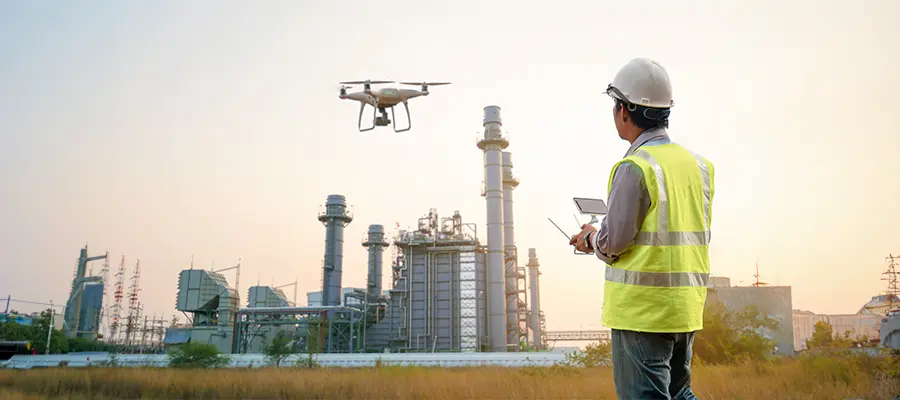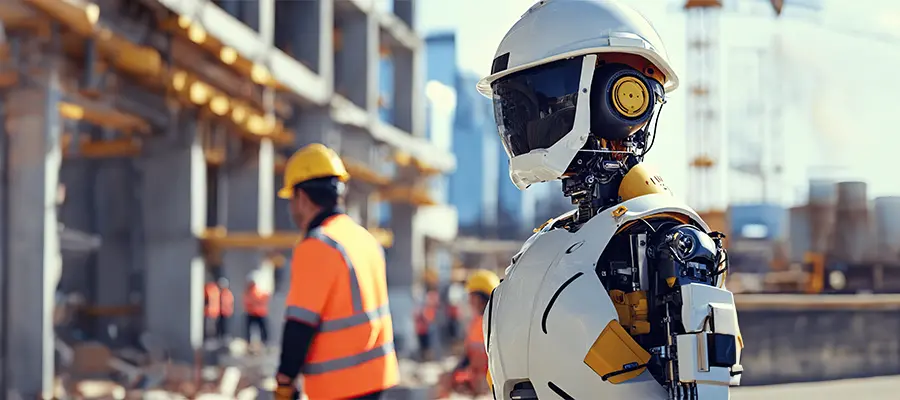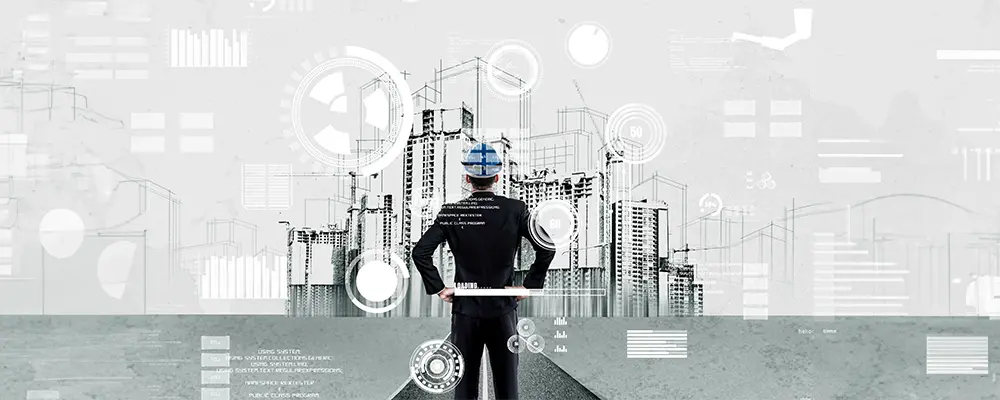Building contractors lead innovation in the ever-changing construction business, where industry trends and technology breakthroughs drive change. In this blog, Brick & Bolt examines how general and specialist contractors differ in their duties and how construction contractors adjust to market developments. It also features some forward-thinking firms paving the way for the industry’s future.
Adapting to Industry Trends:
1. Embracing Technology
Building Information Modelling (BIM):
Construction companies increasingly incorporate BIM into their daily operations. BIM’s development of digital project representations promotes cooperation between contractors, engineers, and architects. This technology lowers errors, enables more precise planning, and improves project effectiveness overall.
Project Management Software:
Construction contractors are increasingly using project management software. These technologies facilitate communication, control project schedules, and offer real-time updates, improving execution efficiency.
Drones and Robotics:

Drones provide construction firms with an aerial perspective of the project site and are utilised for site surveys, inspections, and data collection. On the other hand, robotics is transforming on-site jobs like concrete pouring and bricklaying, increasing accuracy and productivity.
2. Sustainability Initiatives
Green construction techniques:
Sustainable construction techniques are becoming increasingly commonplace among construction contractors. This covers applying waste minimisation techniques, energy-efficient designs, and environmentally friendly materials. Sustainability is essential to contemporary building methods, not just a fad.
Modular Construction:
Another trend contractors embrace is the advent of modular buildings. Modular construction minimises waste and expedites on-site construction by assembling building components off-site. This method not only increases productivity but also adheres to sustainable building practices.
3. Safety and Wellness
Internet of Things (IoT) in Construction:
IoT devices, such as wearables and sensors, are revolutionising construction sites by providing real-time data on worker safety, equipment performance, and environmental conditions. This data enables proactive decision-making and improves project efficiency.
Prefabrication and Off-Site Construction:
Prefabrication and off-site building lessen the labour that must be done on-site, reducing the workers’ risks. This pattern is consistent with the construction industry’s dedication to prioritising workers’ safety and well-being.
Trending Tech Trends in Construction
Construction Technology Trends:
Emerging innovations in construction technology, such as augmented reality, sophisticated robotics, and modular building techniques, are reshaping the rapidly changing construction sector.
Future of Construction Technology:
With advancements in science and engineering, new developments such as self-healing concrete, self-governing machinery, and intelligent structures that adjust to the demands of their occupants look promising for the future of construction.
Artificial Intelligence (AI) in Construction:

AI is transforming the construction industry by providing advantages, including safety monitoring systems to prevent accidents, autonomous machinery for enhanced efficiency, and predictive analytics for project planning.
3D Printing in Construction:
By enabling the quick and affordable production of intricate structures, cutting down on material waste, and providing design freedom, 3D printing has the potential to change the construction sector completely.
Virtual Reality (VR) in Construction:
VR technology enables stakeholders to view and engage with construction projects before construction, promoting improved communication, better design, and better project results.
Digital Twins in Construction:
Digital twins, or virtual copies of physical assets, are becoming increasingly common in the construction industry. They allow for real-time monitoring, analysis, and optimisation of building projects, boosting output and lowering hazards.
By integrating these technological developments into their building processes, contractors can stay on the cutting edge and complete projects faster, safer, and more sustainably than ever.
Specialised vs. General Contractors:
1. Specialised Contractors:
Expertise in Niche Areas:
For example, speciality contractors concentrate on roofing, plumbing, and electrical services. Their ability to provide highly specialised services stems from their mastery of the nuances of their field of specialisation.
Collaborative Approach:
Specialised contractors frequently work with general contractors to provide their knowledge to a larger project. By working together, we can ensure that experts with specific understanding manage all aspects of the construction process.
2. General Contractors:
Project Oversight:
As project managers, general contractors supervise every step of the building process. They oversee schedules, communicate with specialist contractors, and guarantee that the project meets the client’s requirements.
Holistic Understanding:
General contractors are well-versed in a wide range of building disciplines. Their understanding enables them to make well-informed choices, solve problems, and guarantee the smooth integration of various elements during the building phase.
Spotlight on Innovative Construction Contractor Companies
1. Katerra:
Full-Stack Construction Services: Katerra is a company that offers comprehensive solutions that are revolutionising the construction industry. By utilising state-of-the-art methods and tools, Katerra speeds up every stage of the building process, from design and material production to on-site construction.
Off-Site Construction: Katerra’s commitment to efficiency is evident in the amount of off-site construction it uses. Building schedules are shortened, and waste is reduced since prefabricated building components are produced in controlled environments.
2. Procore Technologies:
Construction Management Software on the Cloud: Procore Technologies is one of the leading cloud-based construction management software suppliers. The platform’s central project management hub facilitates real-time document handling, collaboration, and progress monitoring for construction firms.
Mobile Accessibility: Thanks to Procore’s mobile app, building teams can make decisions and communicate in real-time by accessing vital project information on-site.
3. Built Robotics:
Autonomous Construction Equipment: With its autonomous construction equipment, Built Robotics is changing the construction industry. Their technology transforms traditional construction tools, such as excavators and bulldozers, into accurate, self-operating machines.
Efficiency and Safety: By operating continuously, the autonomous equipment from Built Robotics increases efficiency and boosts safety by minimising the need for human operators in dangerous situations.
Innovations in contractor practices are shaping the future of the construction business. Construction contractors generate good change by embracing technology, adjusting to industry developments, and prioritising sustainability and safety. The collaboration of general and specialised contractors guarantees a thorough approach to building projects, maximising expertise and efficiency.
As we showcase innovative companies like Built Robotics, Procore Technologies, and Katerra, it is clear that the construction industry is undergoing a transformative phase. There will be more advancements in store as long as construction businesses continue to set the bar for building a society that is effective, sustainable, and technologically sophisticated from the revolution in construction, where every new project builds on the previous one to create a more robust and resilient future, greetings.

